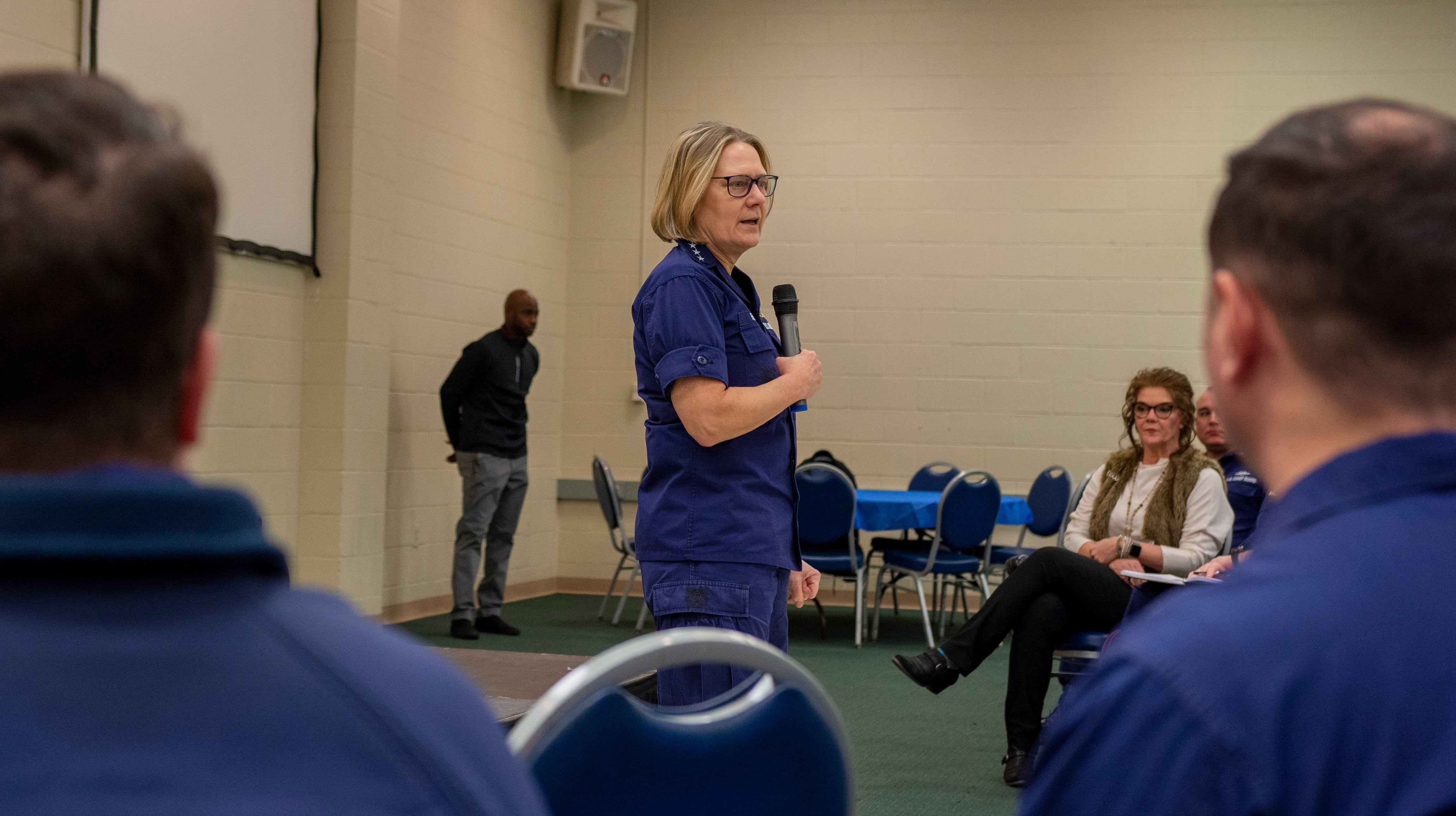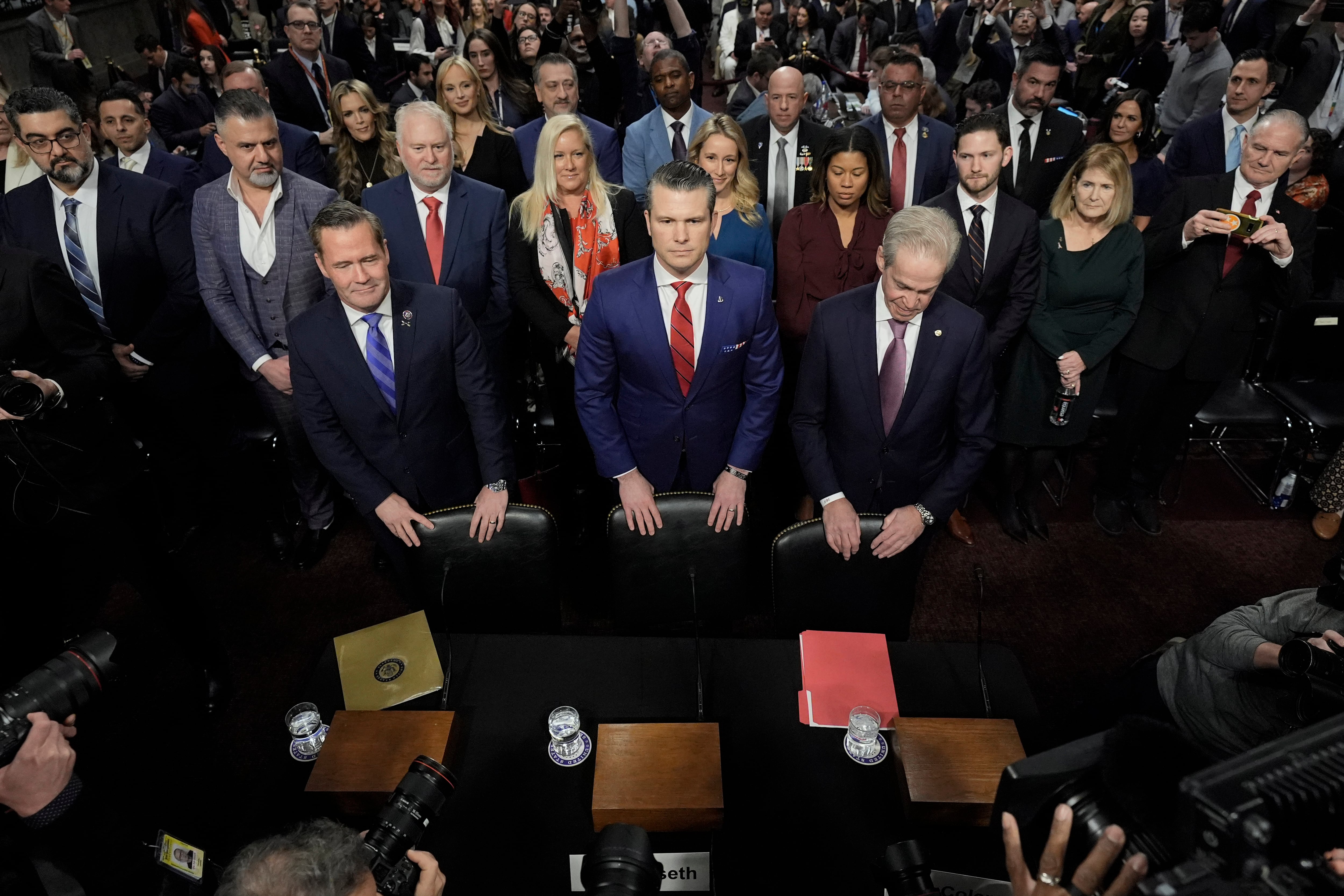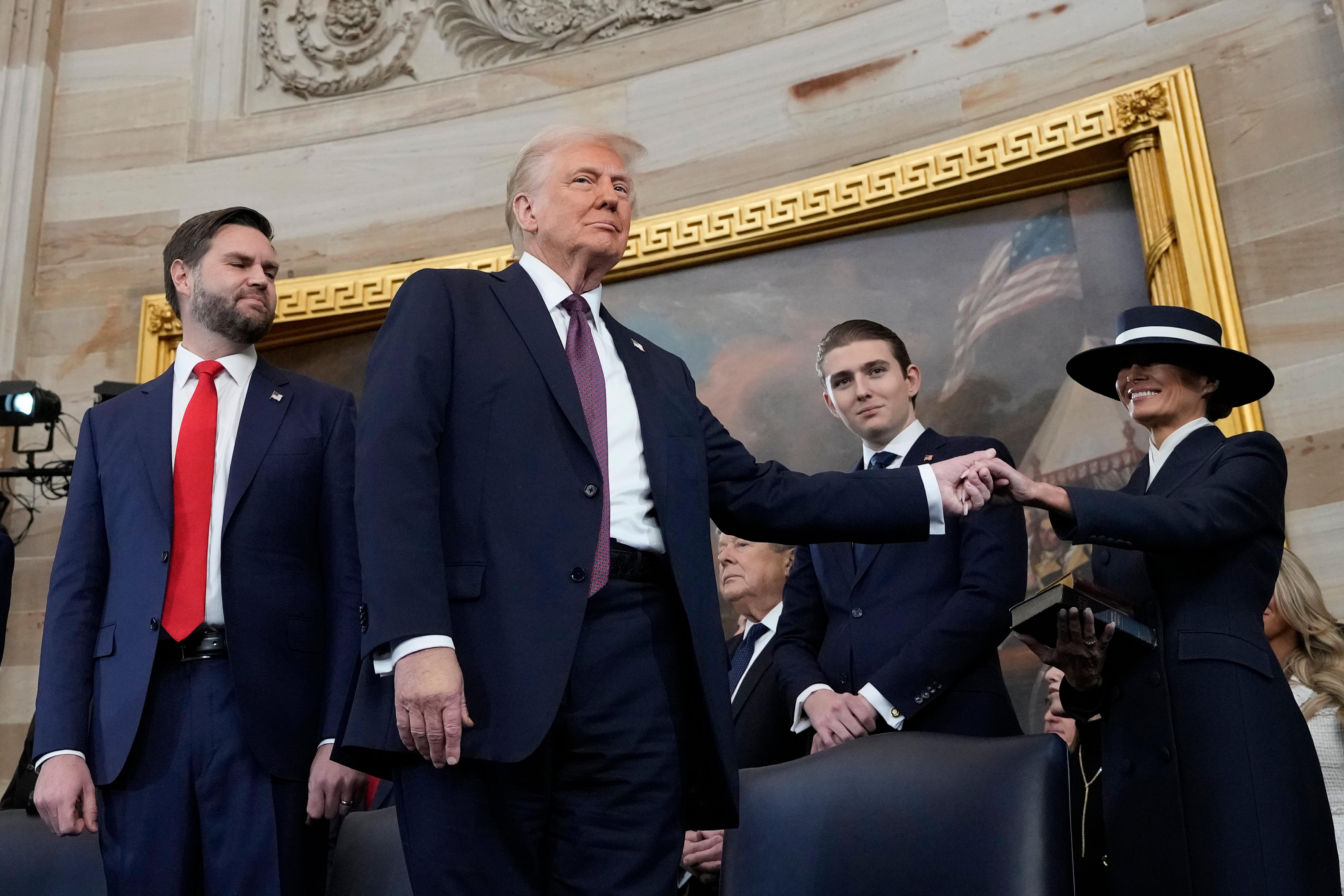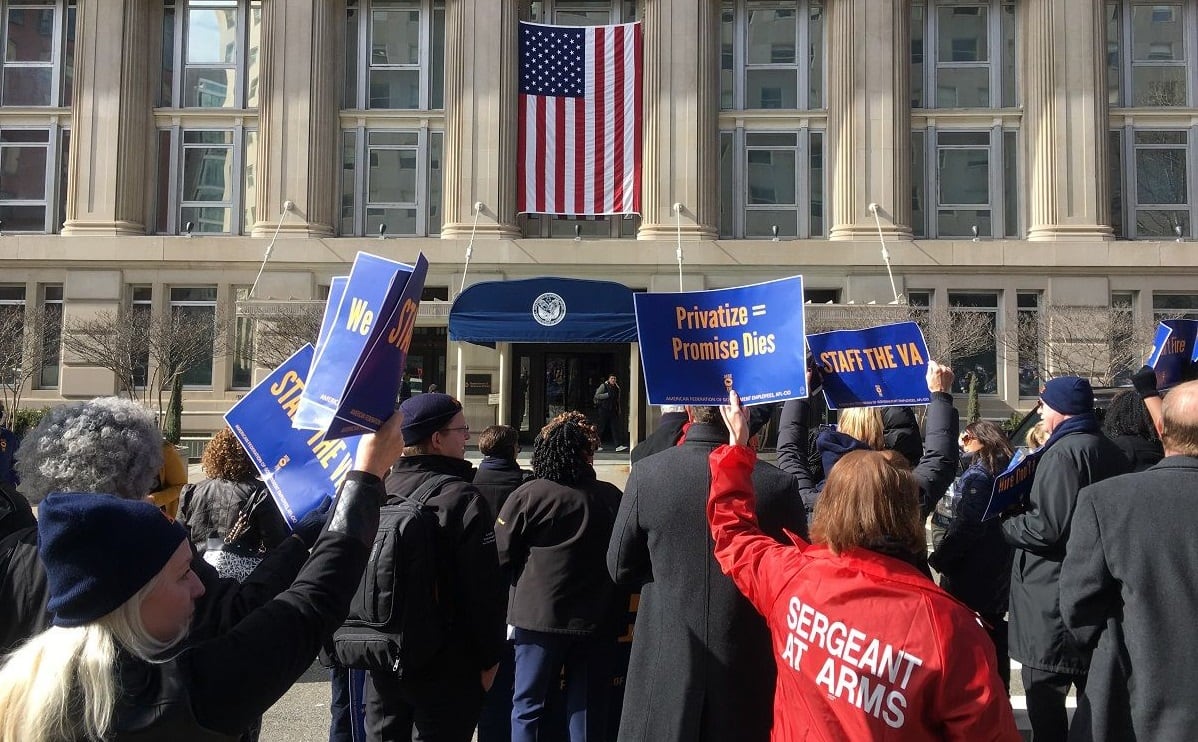YANGPYEONG, South Korea — Back in the country where they were detained as prisoners of war in the 1950s, two former North Korean soldiers now find little apparent objection or hostility, at least superficially — they were even welcomed by veterans who had fought for the South. But it's also a trip that brings back bitter memories of war and puts them on the defensive again.
They are among the 76 North Korean POWs held in South Korea who opted to resettle abroad at the end of the 1950-53 Korean War. Labeled traitors, opportunists or fence-sitters amid fierce Cold War rivalry between the Koreas, they've died abroad one by one and now less than a dozen are still believed to be alive.
Kim Myeong Bok and Kang Hi-dong came back to South Korea on July 23 with a South Korean movie director who's making a documentary on ex-POWs.
The film, titled "Return Home," is intended to trace back their turbulent lives, but the men may not be able to make one important stop. Pyongyang has not given them permission to enter North Korea.
Kim, who is 79 and lives in Brazil, is desperate to return because he thinks this is his last chance.
"I left my home when I was young and I don't know whether my family is still alive or not. What I've been wishing is visiting my hometown before I die," Kim told reporters in a tearful news conference in Seoul late last month. "My father and mother must have passed away ... I still want to see even their ashes."
Kang, 86 and living in San Francisco, doesn't want to go back to the North for a reason that he refused to specify.
A fragile armistice that ended the Korean War has yet to be replaced with a peace treaty, thus leaving the peninsula at a technical state of war and split along the world's most heavily fortified border.
For Kim, the main character in the documentary, it's his first visit to South Korea since he left here in 1954, before resettling as a farmer in the remote Brazilian city of Cuiaba in the western state of Mato Grosso. Kang, a retired pastor, has previously visited South Korea a few times.
In South Korea, they are trying to reconstruct their fading memories about the war. They've visited the sites of their POW camps, which have changed to busy downtown streets or vacant lots; war museums; a charnel house where the ashes of a fellow ex-POW are stored; and a town where Kim became a prisoner of war. They've also met people who share their pain, including the widow of another prisoner and a POW-turned-Buddhist monk who had chosen to stay on in the South after the war.
At a Seoul war museum, Kim watched vividly re-enacted Korean War scenes in an audiovisual room, and walked out of the place in tears. He took traditional anxiolytic pills when he visited a southern island where he was imprisoned and said his "heart was aching" during a visit to a POW museum there, according to Cho Kyeong-duk, the movie director traveling with Kim and Kang.
They also visited Yangpyeong, a small farming town near Seoul, where Kim surrendered to South Korea'sarmy only weeks after he was conscripted into the North's Korean People's Army in 1950. There, Kim found everything has totally changed.
"I cannot find a place where I became a POW. I only remember it was a mountain valley," he said.
In Yangpyeong, he and Kang met several octogenarian South Korean veterans, including one who was still limping slightly due to gunshot wounds from the war. The veterans initially refused to meet with their former enemies, but changed their minds following Cho's repeated requests.
Kim and Kang waited in the corridor of a veterans' hall for about 15 minutes while Cho first talked to the South Koreans. The director described the meeting that followed as unexpectedly amicable. The former North Koreans said they had suffered religious oppression in their homeland and that they were forced into the armyagainst their will. The South Korean veterans tried to help Kim find a place where he surrendered, though at the end he couldn't remember it.
They later ate together cold noodles at a restaurant and visited a local war museum before exchanging warm farewell handshakes.
"I had earlier wondered how I could embrace you as the (North) Korean People's Army was my enemy. But on second thought, I realized I don't have to think about something like this now because ... (we) are the same nation," said Lee Kyu-hwan, an 83-year-old South Korean veteran.
"It was like meeting (old) friends ... I don't have any particular feeling that they were the enemies at all," Kim said after parting with the South Koreans.
Despite the ostensibly nice atmosphere, Cho believed he had felt there was still some emotional baggage between aging former rivals. Cho said he spent several days persuading the South Korean veterans into meeting with Kim and Kang and that the ex-POWs had also worried much about meeting with them.
Most of the ex-North Korean POWs who left the peninsula resettled in Brazil, Argentina and India, though some 10 of them voluntarily returned to either North or South Korea. Kang, who first resettled in Brazil, later moved to the United States. Their ranks include a medical professor, a quarry owner and pastors, but others struggled to make a living. Some suffered from mental illness.
Many chose not to stay in the South because they worried about living with the label of ex-communist soldiersin a place where they had no relatives and friends. And they feared punishment in the North for being captured in the South.
Kang worries about safety of any living relatives left behind in the North. In a May interview with The Associated Press, he asked to be identified only by his initials, but later agreed to have his full name published.
Kang's Brazilian wife of more than 50 years knows how much her husband missed his family during his early days in Brazil, where she met him.
"He always told me about the war, about his family and how he missed his family. He lost everything during the war. Each day I felt ... close to him," said Maria Valerio Kang, 79, who traveled to South Korea with her husband. "I decided myself I want to give (him) ... a peaceful place to live and I have to give him all my love then he ... could be happy forever."
Kim wishes to go to the North with Cho via an inter-Korean border route this month. He wants to return to his hometown in the northwestern city of Ryongchon to visit the grave of his parents and the site of his church.
But his chances appear dim. Cho said he's separately contacted North and South Korean diplomats in Brazil, but both sides asked to come to their countries only. He said he'll keep trying to help Kim reach North Korea even if he fails to do so this time.
"I think whether this elderly man can visit his hometown can be a barometer to see whether South and North Korean authorities have resolve to improve their ties," Cho said.





